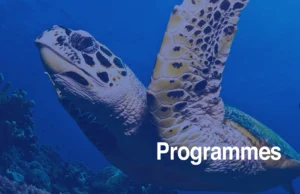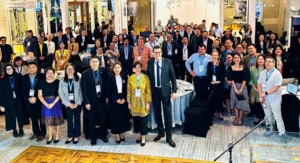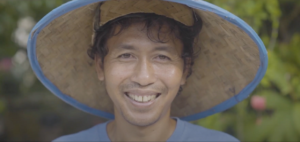UNFCCC COP 28 Side Event
Philippine Pavilion
Harmonising Biodiversity and Climate Change Goals through Nature-based Solutions: Experiences from the ASEAN Region
9 December 2023, 1030-1130 GMT+4
Expo City, Dubai, United Arab Emirates
Dr. Theresa Mundita S. Lim
Welcome Remarks
- To our distinguished guests, colleagues, and participants, good morning!
- I am very pleased to welcome you all to this side event on biodiversity and climate change at the UNFCCC COP 28 here in Dubai. First of all, allow me to thank the Department of Environment and Natural Resources, and the Department of Foreign Affairs of the Philippines for allowing the ASEAN Centre for Biodiversity to utilise this Pavillion as a venue for this very important forum.
- There is no denying that climate change and its severe impacts on the environment and our lives and wellbeing are already here. Indeed, a number of the ten ASEAN members are among the top ten in terms of the severity of damages caused by extreme weather events that occurred between 1999 and 2018.
- We already know that this climate crisis has been one of the main culprits that drive biodiversity loss. But the main paradox here is that biodiversity and its ecosystem services also underpin our principal solutions and efforts to tackle climate change and its impacts. Without a healthy biodiversity, our fight against climate change would be an impossible feat. The ASEAN region is most fortunate to be one of the world’s richest in biological diversity. It occupies only 3 percent of the world’s total surface, yet it is home to almost 20 percent of the known animal and plant species on the planet.
- Diverse ecosystems, such as forest and coral reefs, serve as buffers against strong weather disturbances. Sustainably managed mangroves and coastal areas help defend communities against storm surges. All these support livelihoods, health, and well-being, and build resiliency of the peoples of the ASEAN. As such, nature must inevitably be at the heart of climate action.
- The Kunming Montreal Global Biodiversity Framework or the KM GBF emphasises the interlinkages of climate change and biodiversity. Nature-based solutions are being framed as a more sustainable approach to address climate change issues, capitalising on the ecosystem services that our natural environment can provide. As the KM GBF is coined as a “framework for everyone,” it must be taken into account across all development plans, including in the Nationally Determined Contributions. Alignment on the measures on how to achieve the goals of the UNFCCC and the UN Convention on Biological Diversity is necessary to promote complementary efforts and maximise available resources.
- The ACB, an intergovernmental organisation created by the ASEAN Member States, has been supporting the efforts of the region in championing nature-based solutions and fostering greater cross-sectoral cooperation in the ASEAN region. It is also timely that the ACB is now an accredited intergovernmental organisation observer in the UNFCCC to actively contribute support to the discussions that will ensure there is synergy of actions in addressing the interlinked issues of climate change and biodiversity loss.
- Making the case for nature-based solutions would be more viable if backed up with science. Our partnership with Manila Observatory will demonstrate through modelling and visualisation, the inextricable link between climate change and biodiversity. And, we hope to downscale global data to evidence-based regional, national and local information that will help us prioritize and focus our work to deliver more impactful results.
- This side event is an excellent opportunity for us to exchange perspectives, knowledge and insights on nature-based solutions, develop deeper appreciation, and hopefully guide us on how we move forward on the climate and biodiversity nexus in the ASEAN region. We anticipate that this event can lead us to embrace approaches that not only include technological and engineering advancements, but also biodiversity-based measures, and taking into account traditional and local knowledge. Thus, create more opportunities for cross-sectoral collaboration and multilateral initiatives in the Region.
- I wish you all a productive discussion ahead.
























